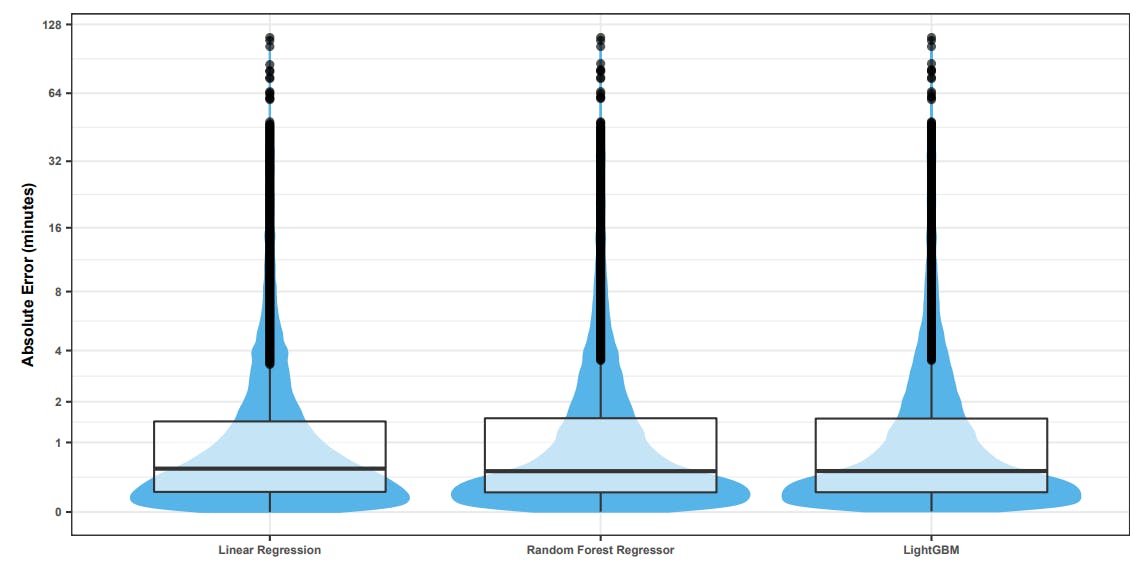
"Our study reveals that the time taken to process transactions in Ethereum reflects various delays that can be quantified, though they can be influenced by external factors."
"Although tools like Etherscan and EthGasStation provide transaction processing time estimates, our findings indicate that these estimates often do not accurately reflect the real-time conditions."
The article examines the intricacies of transaction processing times in Ethereum, revealing the effects of delays on the reliability of time estimates from platforms like Etherscan. By analyzing how the block timestamps are recorded and updated, the authors present a more nuanced understanding of these processing times. Their findings suggest that existing estimation tools may not adequately account for latency within the blockchain network, calling for a more accurate predictive model that incorporates these factors. The implications of these results reach end-users who rely on these time estimates for making informed decisions during transactions.
Read at Hackernoon
Unable to calculate read time
Collection
[
|
...
]